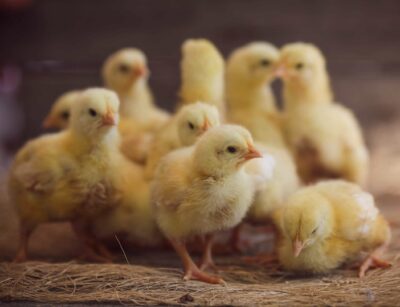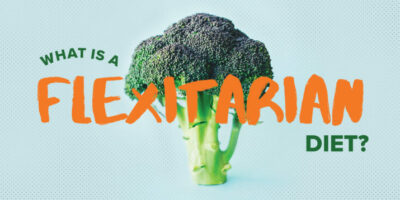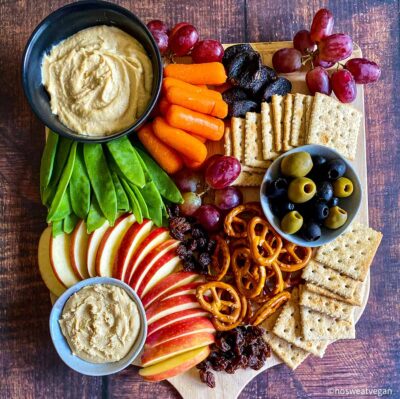Beer is one of humanity’s favourite beverages. It was brewed by ancient cultures from Egypt to China and has a special place in pop culture thanks to shows like The Simpsons and Cheers. The Czech Republic consumes the most beer per person each year, while national celebrations give beer consumption a regular boost: nearly 7m litres are downed at Germany’s Oktoberfest each year, for example.
CAN VEGANS DRINK BEER?
Vegans certainly can drink beer, but not all beers are vegan.
IS BEER NATURALLY VEGAN?
The basic ingredients of beer are yeast, water, hops, and grain — the grain is usually malted barley. So far, so vegan. But making beer usually involves more than mixing these four elements together, and that’s where things get complicated.
IS ALL BEER VEGAN?
Sadly not. Ingredients derived from animals are commonly used in the manufacturing process of beer, and are often added to make different kinds of beer that go beyond the standard ingredients. So which popular beers are safe for vegans to drink?
IS TIGER BEER VEGAN?
Tiger Beer is a Singaporean lager produced by Heineken Asia Pacific. The brand does not claim to be vegan, due to the possibility of cross-contamination with other drinks brewed using animal products, but there are no animal-derived ingredients used in making Tiger.
IS GUINNESS BEER VEGAN?
Guinness became vegan in 2018, when it replaced its old filtration process with new technology. With 13m pints of the stout consumed around the world each St. Patrick’s Day, that’s a lot of beer now being made free of animal products!
WHICH OTHER COMMON BEERS ARE VEGAN?
Many popular lagers are vegan, including Heineken, Budweiser, Stella Artois, Corona, and Beck’s. Among the craft beer companies, Brewdog’s products are all vegan except for those that explicitly contain animal products like milk and honey, as are some of those by Beavertown, which are commonly available in UK supermarkets and pubs. The best resource for finding vegan beers and other vegan alcoholic drinks is Barnivore.com.
WHY IS BEER NOT VEGAN?
MILK AND CREAM
Lactose derived from milk is used in some beers, mainly stouts and porters, to give them a sweet creamy taste. Some vegan milk stouts have been made using almond or coconut milk instead. While the names of beers containing lactose might vary — they might be called milk stout, cream stout, or sweet stout — cream ales don’t actually contain any dairy. Still, it’s important to check whether they are processed using vegan methods.
WHEY AND CASEIN
Whey and casein are the two proteins found in milk. While casein is used in making cheese, as well as being used in a number of other foods, whey is a byproduct of cheese and Greek yoghurt. In a bid to find a use for leftover whey, researchers at Cornell University have tried to make beer with it, while dairy giant Arla teamed up with a brewery in Leicestershire to make a special beer using the protein. Casein may be used as a fining — the substances used to clarify beer — which would otherwise be hazy from yeast and protein. There are vegan finings, though, so these dairy byproducts are not needed.
HONEY
Some beer is made using honey to give it a sweet flavour, and will normally be marketed as such.
EGGS
Egg whites may be used to clarify beer but are more commonly used in wine production.
ISINGLASS
Isinglass is a gelatin made from the dried swim bladders of fish species such as sturgeon and cod, and is also known as “fish glue”. It has been in use since the 19th century to clarify beer and wine, but brewers aren’t always upfront about it. “Nobody really wants to advertise that they filter their beer through dead fish,” vegan brewery owner Tim Bosworth told the BBC in 2016. These days more breweries are ditching isinglass and either allowing their beers to be cloudy or finding alternative finings derived from plants, such as Irish moss and seaweed.
GELATIN
Another clarifying agent, gelatin is made by boiling skin, bones, and connective tissue from farmed animals.
COCHINEAL AND CARMINE
Carmine is a red dye made from ground-up cochineal insects, who are native to North and South America. It is sometimes used in beer to give it a reddish hue.
CHITIN
Chitin is found in the shells of animals such as crabs and lobsters and can be used as a fining agent, though it is less common than isinglass.
WHICH BEERS ARE NOT VEGAN?
Some traditional types of beers typically use animal products and it’s safer for vegans to avoid them as a rule.
CASK ALES
Cask ales, a staple of British pubs, are usually made using isinglass.
MEADS
You’re unlikely to come across mead all that often these days, and it is arguable whether it is a beer at all, but it is not vegan due to honey being one of its core ingredients.
HOW CAN YOU TELL IF A BEER IS VEGAN-FRIENDLY?
Vegan beer isn’t always labelled as such. While beers containing animal ingredients like honey will usually list these in the ingredients, those made using animal-derived finings won’t say so, making it difficult to know for sure whether a beer is okay for vegans to drink. However, many vegan beers do shout about it and you will find the information proudly on the label. If you’re unsure, identifying which beers are vegan through online resources is the safest bet.
CONCLUSION
Beer doesn’t need to be made with animal products to be tasty, and can be fined using non-animal products. Many common brands are vegan, as are many of the popular craft beers that have come on the market in the past decade or so. If you are unsure, search online for your answer or contact the brewery directly.





